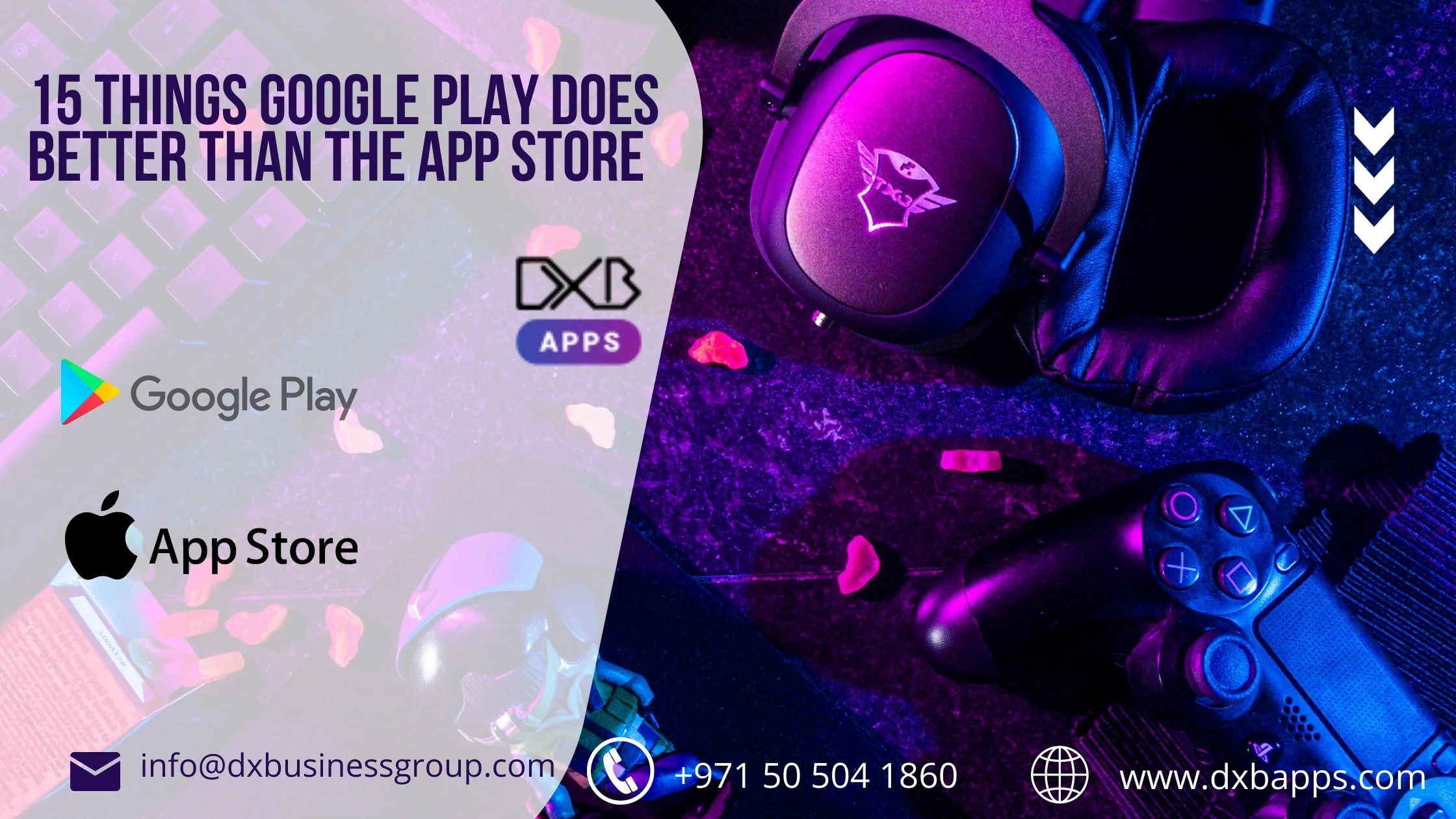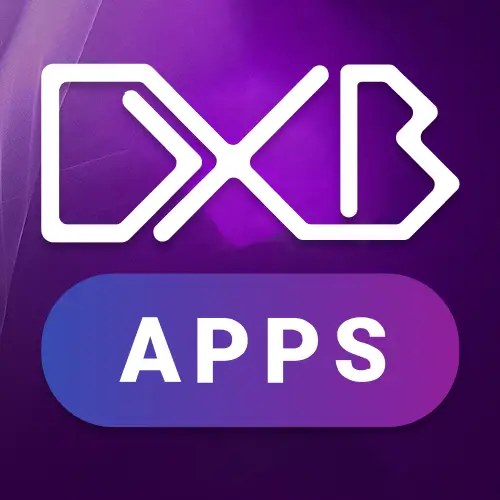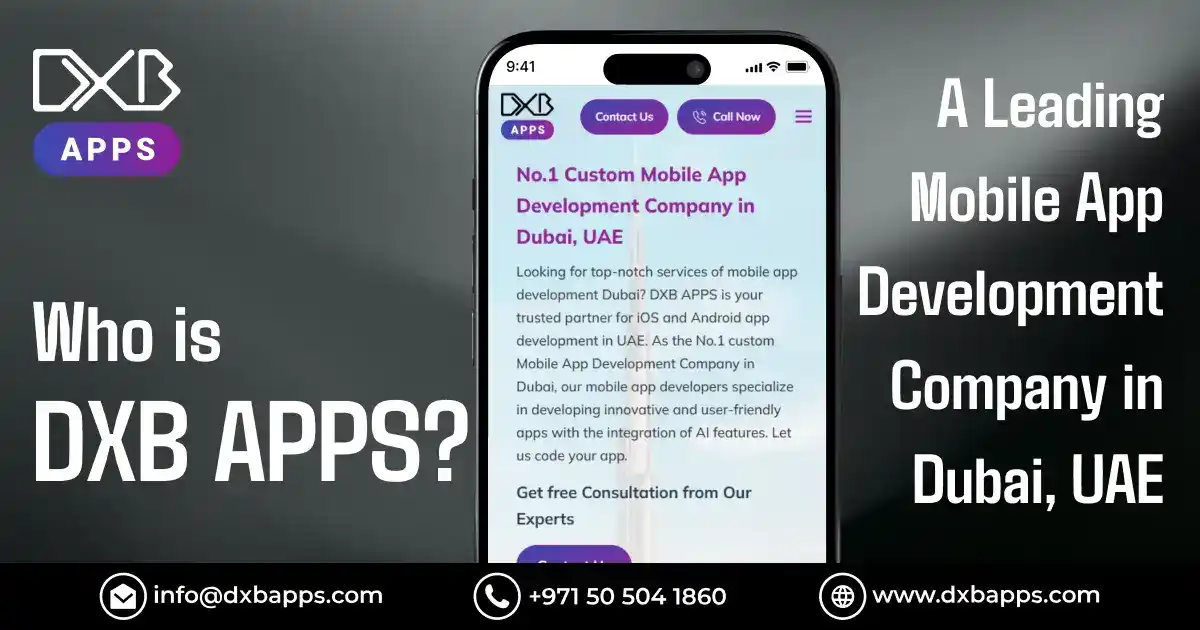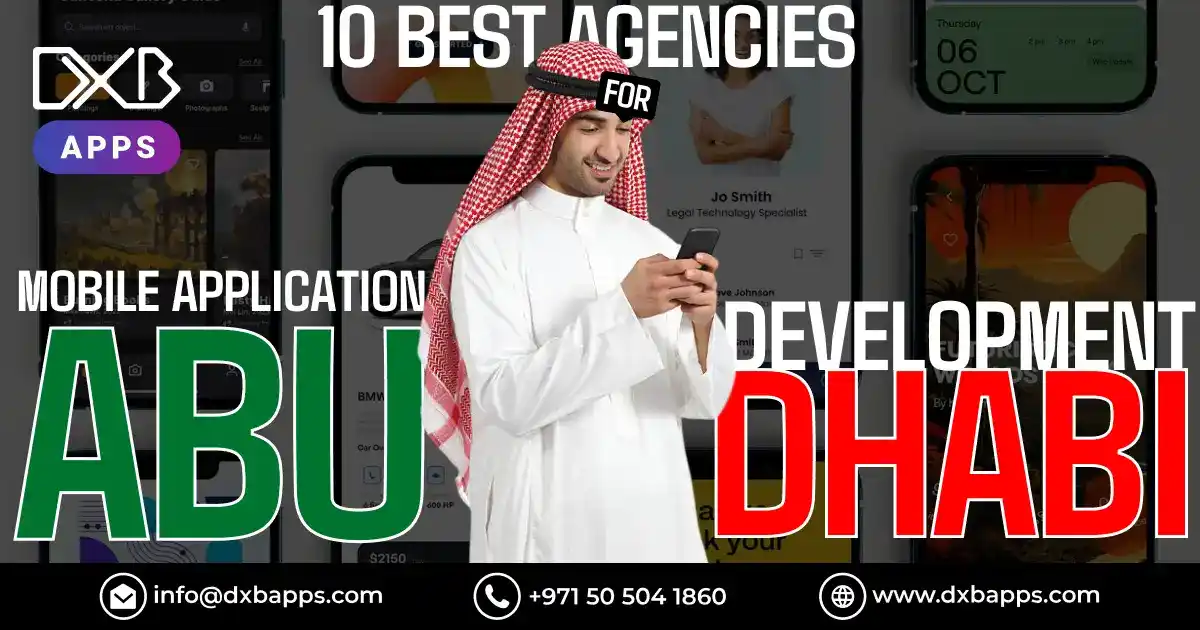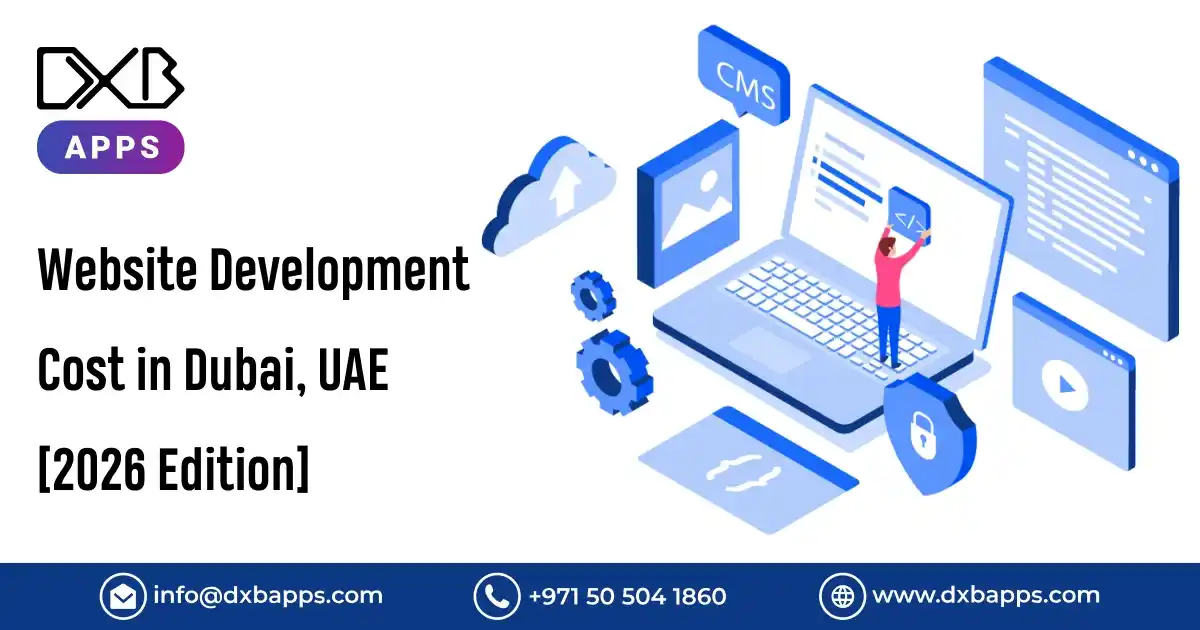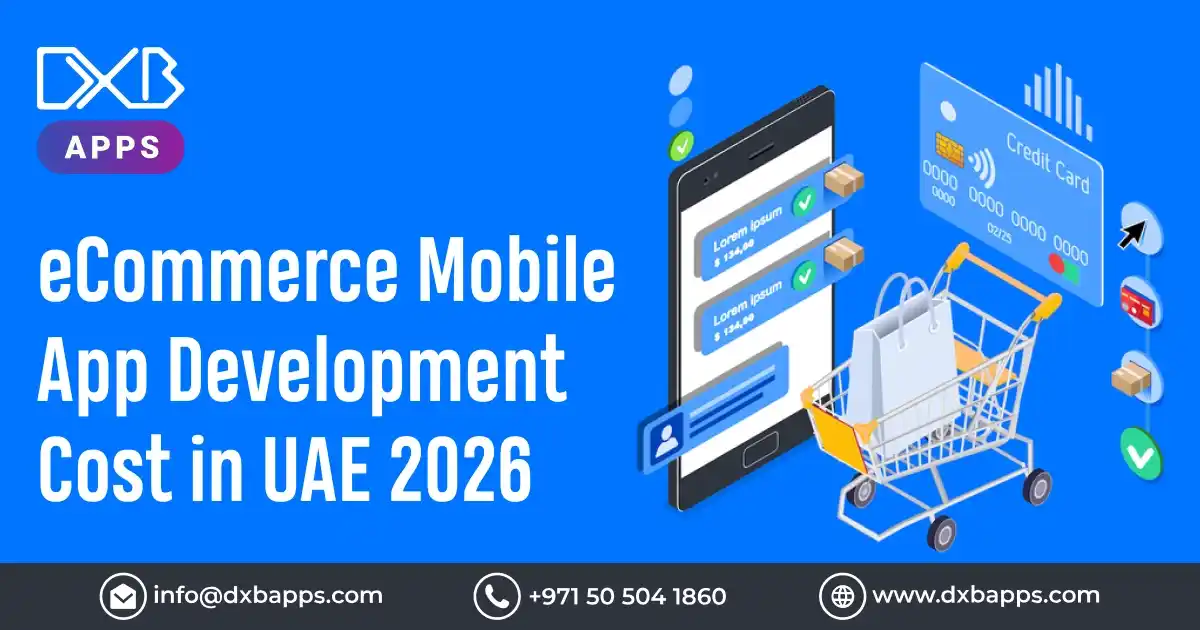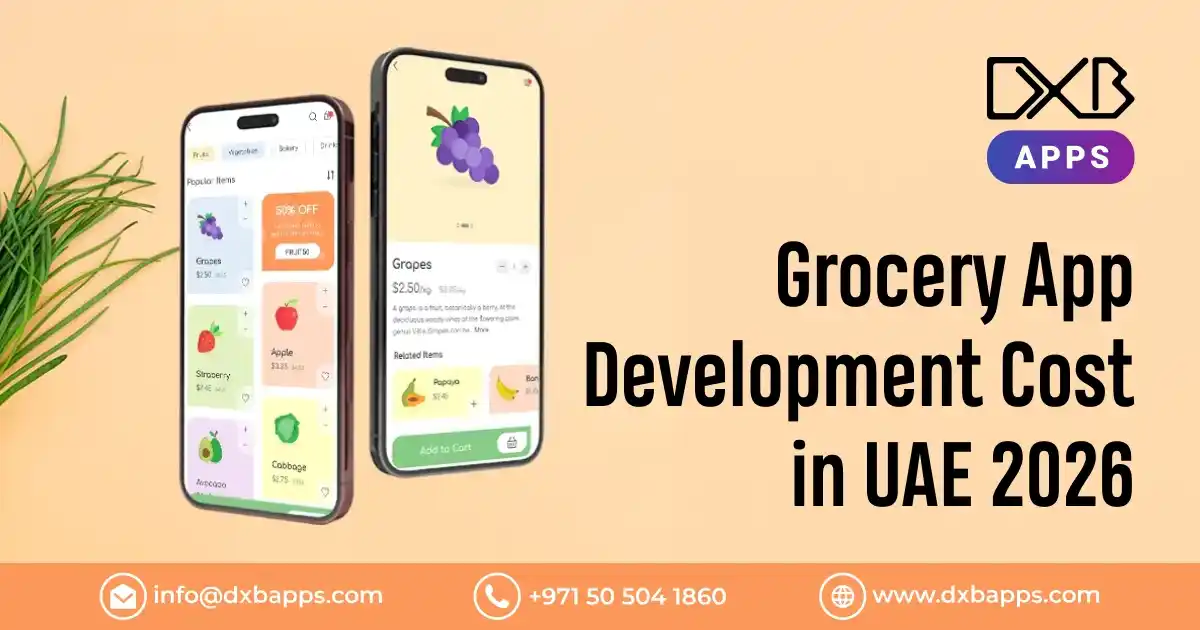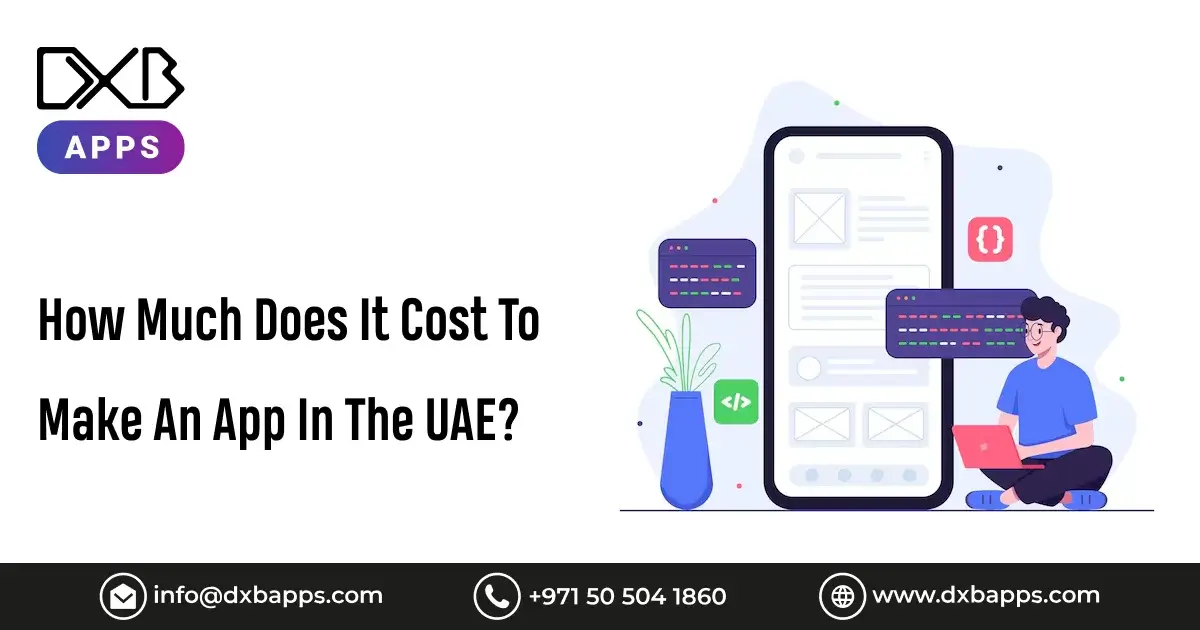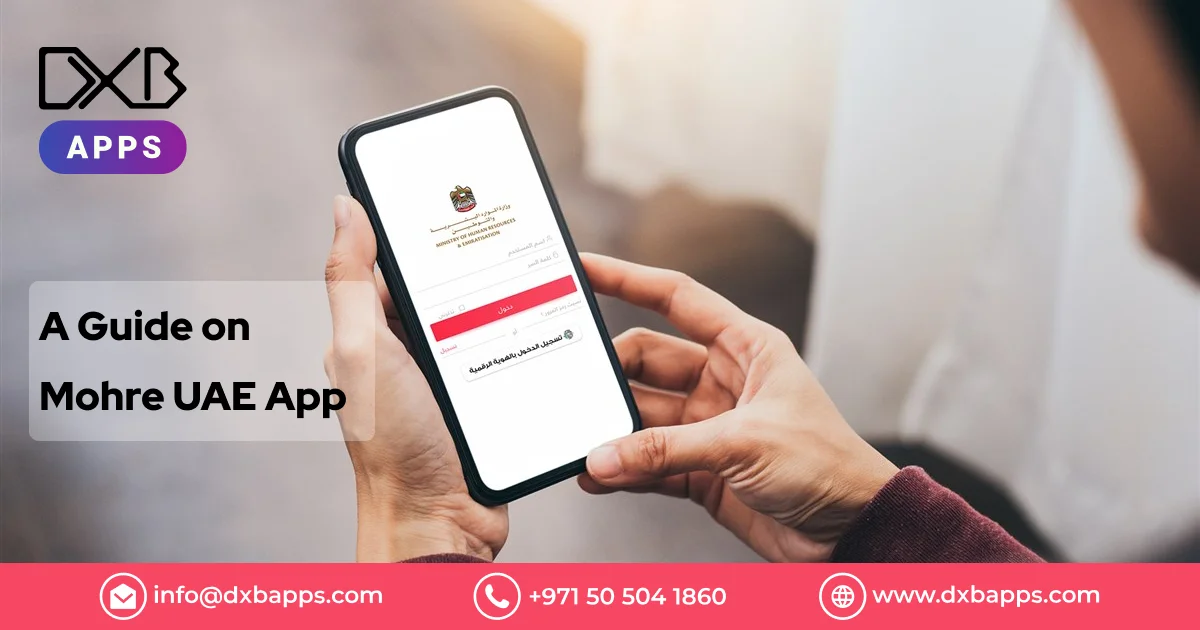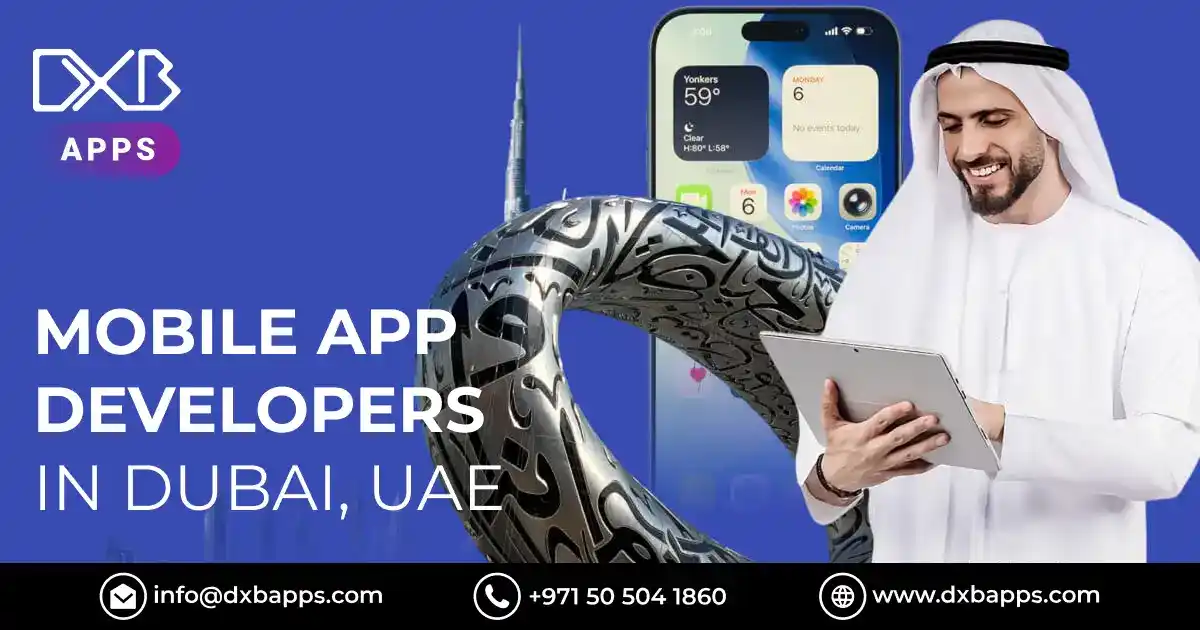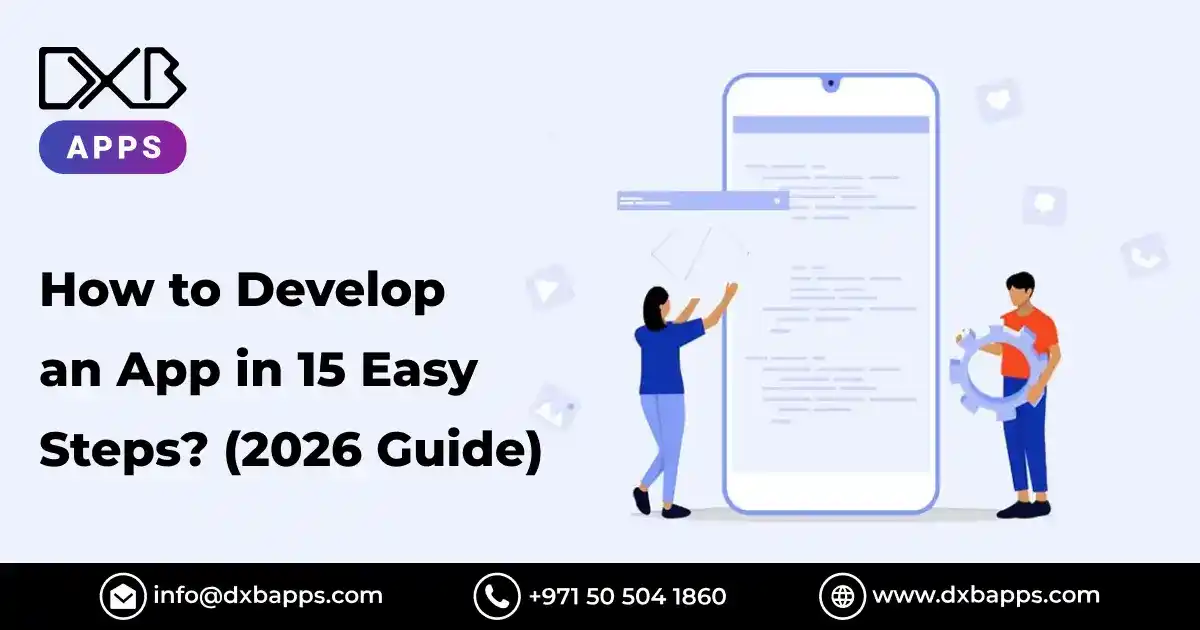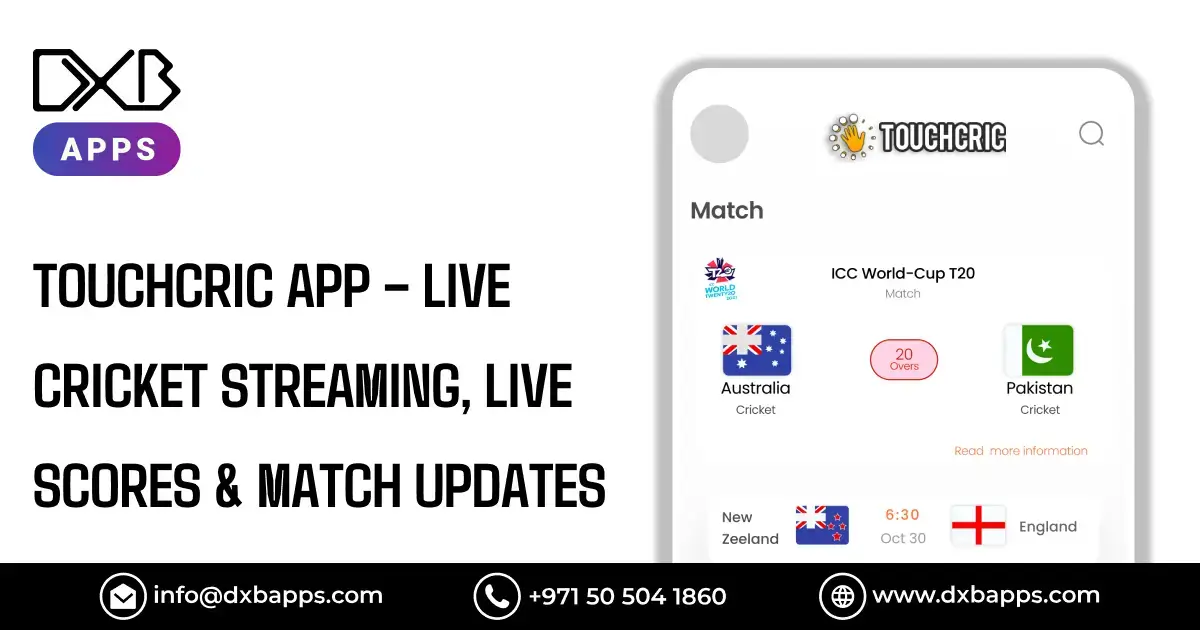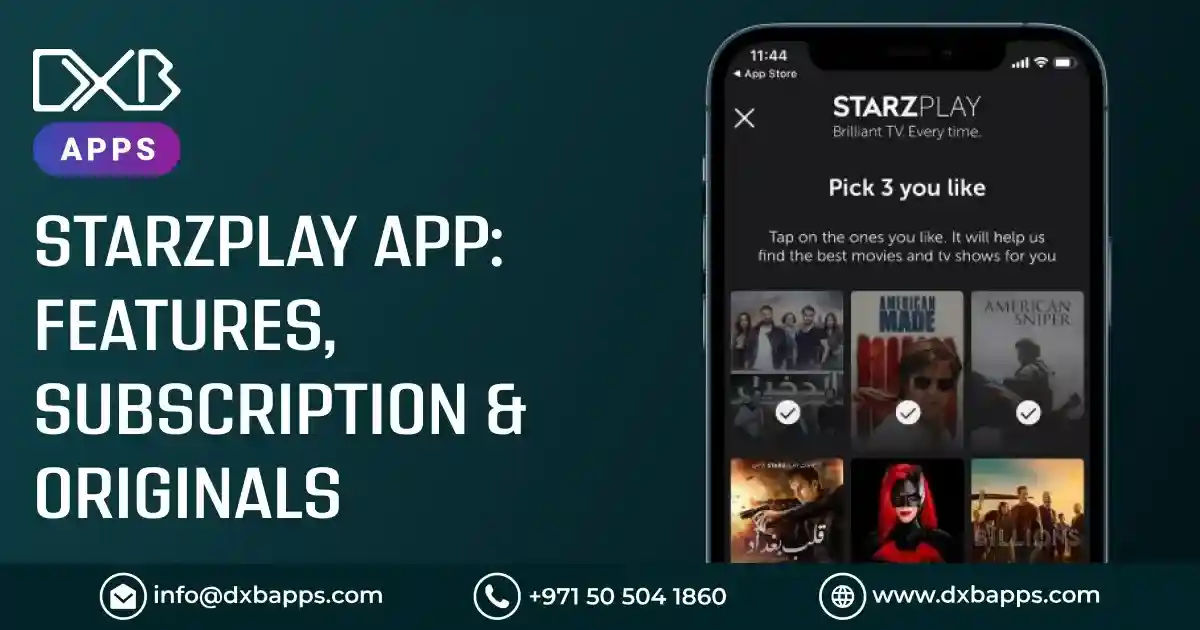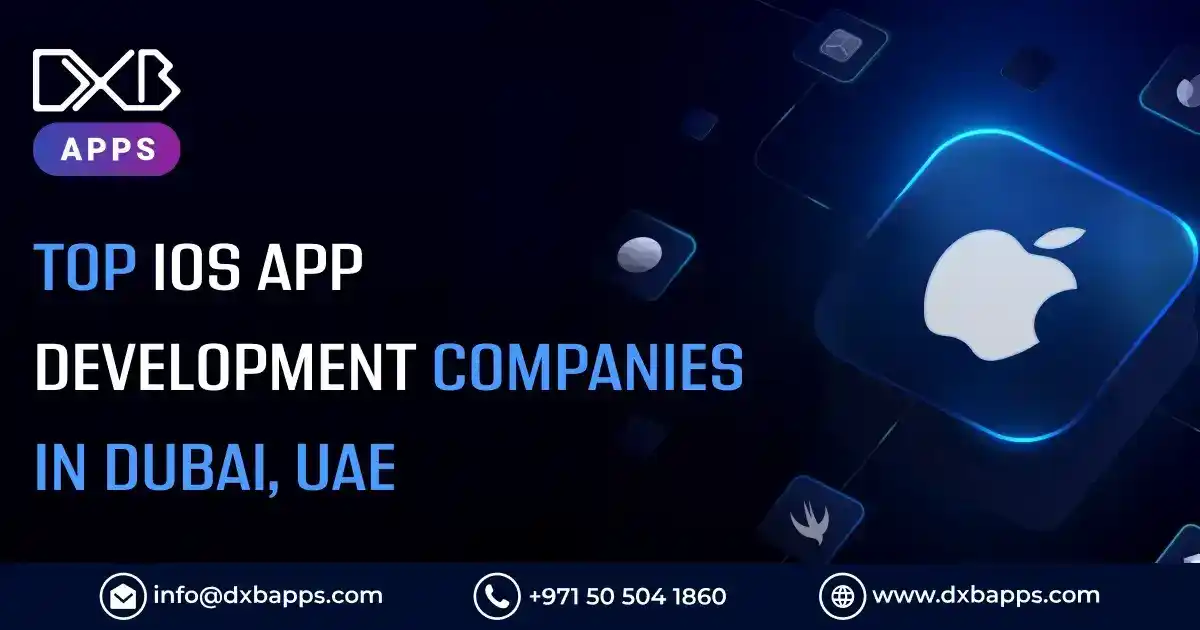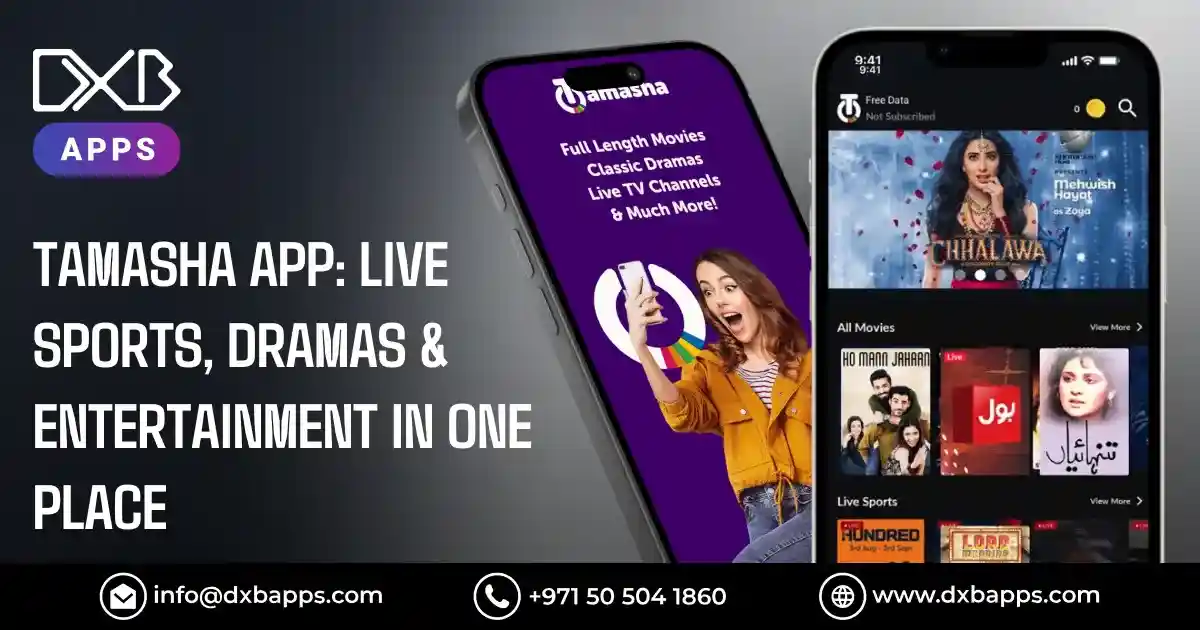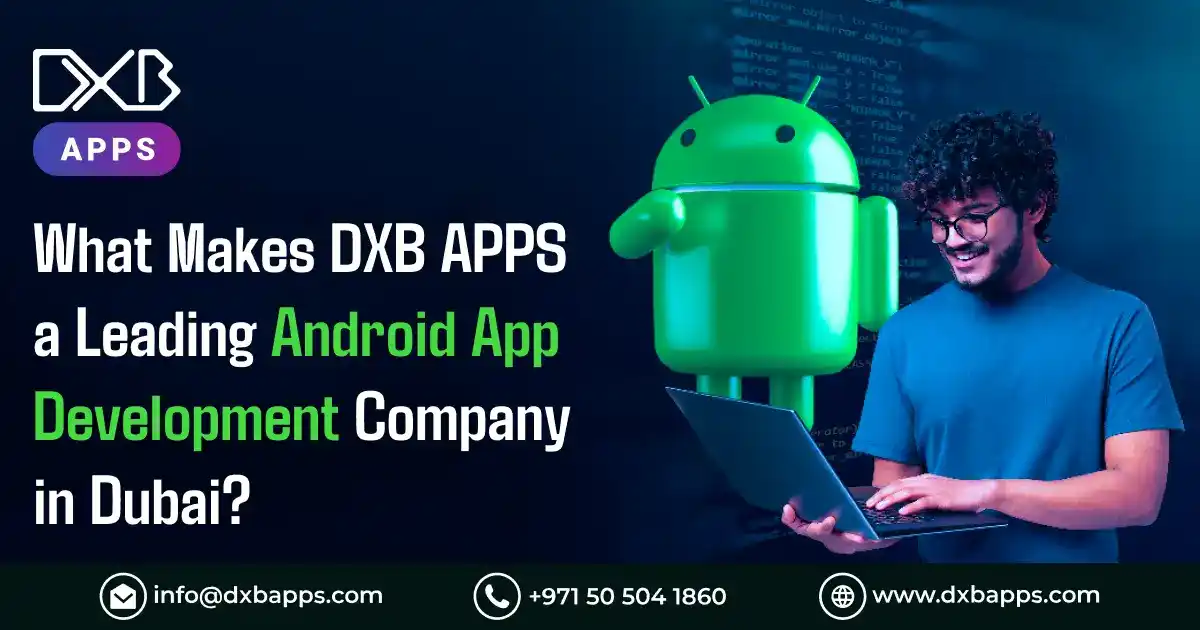As we all know, the App Store is the application store platform, developed and maintained by Apple Inc., for apps on its iOS and iPad operating system, whereas the Google play store is the application store platform by Google, where apps for the Android operating system can be found.
We know these two companies have different ways of running things, thus there are a few differences between their platforms too.
1. Here are 15 things Google play does better than the App Store
1.1 Google Play displays a download statistic on every app’s landing page
Every app's landing page on Google Play includes a download statistic. It is a great indicator of popularity when displayed as a tiered badge (social proof). It would be fantastic to see something like this in the App Store search results.
1.2 Google Play does not reset ratings with every update
It displays all ratings for all versions at all times. Ratings are an important
indicator of quality, but on the App Store, that indicator is rendered
temporarily ineffective after each update. Perhaps another solution would be preferable.
1.3 Google Play includes a short-form description
Most shoppers, it is well known, do not have time to read app descriptions. The app description on the App Store has been truncated somewhat arbitrarily, with a"read more" button displayed. This makes it difficult to create a summary that we can be confident shoppers will see. A dedicated short description takes care of that.
1.4 Google Play allows you to install apps directly from the web onto your devices
Google Play's web-based landing pages include an "Install" button, which when pressed, makes the app available on the device without the requirement of any special software. Customers save time, and developers benefit by removing a barrier to downloads.
1.5 Google Play displays eight screenshots instead of five
Five screenshots are simply insufficient for apps with extensive feature sets. The App Store should allow developers to put more than five screenshots for their apps, listed in the App Store.
1.6 Google Play accepts app promotional videos of any length
More complex apps require longer videos to explain their work to their users. 30 seconds is simply not enough time to do the features justice.
1.7 Google Play allows the developers to have the ability to modify their app's metadata, including screenshots, at any time
Long ago, this could be done in the App Store as well, but now to update any metadata of any app in the App Store, a whole new app update needs to be submitted just to change a screenshot. App Review must review that submission just like any other, even if the app itself is identical. After that, every user of that app must download a new binary. That is not in anyone's best interests.
1.8 Google Play allows developers to highlight a specific review on their app’s landing page
Complementary comments by users can be highlighted prominently. When linking to Google Play from marketing materials such as your app's website or online ads, this can be useful to bring in new users. But nothing of such sort can be done on the App Store platform.
1.9 Google Play allows customers to receive refunds directly from Developers
Refunds are a source of contention on the App Store. One of the worst feelings an iOS developer can have is when a customer comes with a problem, and all he can do is refer them to Apple. Customers can get refunds for their dissatisfaction with the product, but developers cannot grant them. Developer refunds are permitted on Google Play. When it comes to refunds, developers are free to use their discretion.
1.10 Google Play allows developers to release updates freely
This is important because it underpins a significant difference between Google and Apple's approaches. Every developer had a humiliating slip through their quality assurance processes. Submitting an update for any iOS app can cause a little nervousness. If it is approved but something goes wrong, the developer will be in a bad situation for 7–10 days, and even might have to remove the app from the store entirely for the time being. If this happens on Google Play, the developer will be able to fix that small but terrible error and release an update in about 20 minutes.
1.11 The Google Play dashboard provides statistics to developers
Every developer has been waiting for the promised App Store Analytics to appear since WWDC 2014. The demonstrated analytics appear to be amazing, but after a very long delay and no news from Apple, it appears that they will not be available anytime soon.
1.12 Google Play allows Instant Apps and Beta testing of Apps
As compared to App Store, Google Play allows the users to test a portion of an app on the device without installing it, and also allows the users to sign up for beta testing of an app.
The App Store does not have a push app installation system. Users of the iPad and iPhone must do it manually for both devices.
1.13 Google Play has a better categorization system
Google Play’s categorization system is more advanced than the App Store's. Google Play’s most popular categories include entertainment, business, lifestyle, education, and so on. The App Store, on the other hand, is built around the simple phrase "There's an app for that."
1.14 Google Play charges are better than App Store
Google Play has a one-time registration fee of $25 for a developer account, while App Store charges a $99 annual fee for the Apple Developer Program and a $299 annual fee for the enterprise version.
1.15 Google Play has a vast number of free apps
Lastly, Google Play provides its users with a vast database of free apps, which might not be the case for the App store.
Conclusion
Both the App and the Google Play Store have distinct characteristics. The key here is understanding the differences between the two, which helps users structure their testing priorities. Users should prioritize the image gallery in the App Store. However, they must prioritize both videos and featured graphics content in the Google Play store.
Before developing apps for any of these stores, every app developer must first analyze the requirements of each store and understand exactly what they want from their app.
Besides the platform differences, the mobile app developers at DXB APPS are an expert in both iOS and Android app development in Dubai.
And the mobile app developers of DXB APPS, Dubai, can help you with all the choices required to develop and deploy apps for iPhone or Android.

